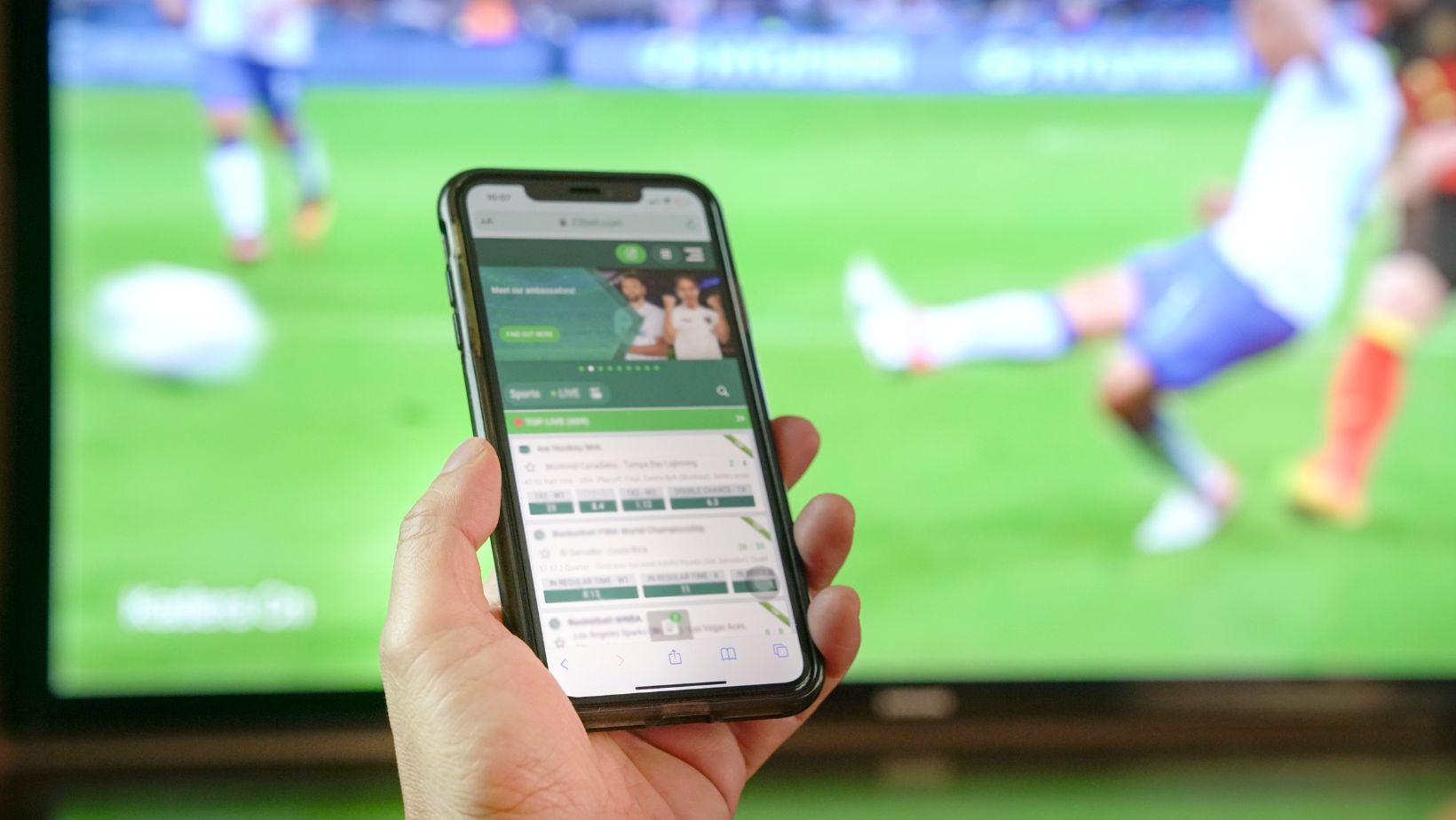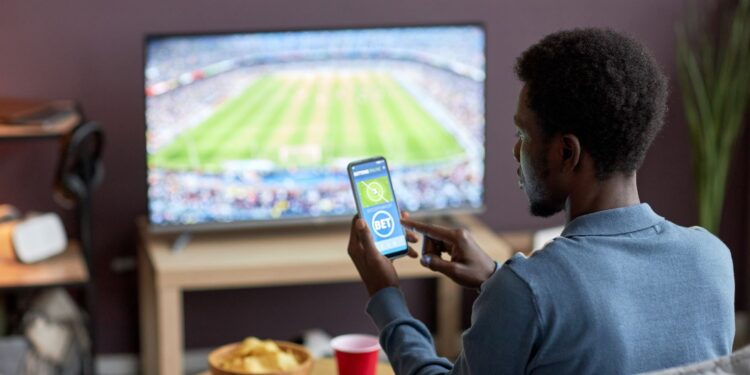You don’t notice it at first. The way a football pitch looks different when you’ve got a little money riding on it. The way a tennis match seems slower, sharper, louder. You feel the weight of every mistake, every lucky bounce, because now you’ve got skin in the game. That’s why betting on sports draws people in and turns the game into something more personal for them. But if you’ve been around long enough, you learn it’s not just about gut feelings. There’s more to it.
The first thing you realize is how much the sport itself matters. Not just which sport you’re betting on, but how much you actually understand it. Betting on something you don’t know is like wandering into a card game without learning the rules. Sure you might get lucky once, but luck runs out quickly. If you’ve followed football for years, you already know when a team looks tired or when a matchup favors a certain style. If you know basketball, you can feel when a big lead isn’t safe. Sport Betting starts with knowing what you’re looking at.
 Then there are the numbers. Odds aren’t just decoration. They’re the bookmakers’ way of telling you the game story with their prediction of what’s likely, and their hedge against risk. You can glance at them and see what the crowd thinks. You can watch them shift when a key player gets hurt or a weather report comes in. Reading odds is about more than spotting a big payout. It’s about spotting the things that books, journalists and even AI haven’t quite caught up to what you already know.
Then there are the numbers. Odds aren’t just decoration. They’re the bookmakers’ way of telling you the game story with their prediction of what’s likely, and their hedge against risk. You can glance at them and see what the crowd thinks. You can watch them shift when a key player gets hurt or a weather report comes in. Reading odds is about more than spotting a big payout. It’s about spotting the things that books, journalists and even AI haven’t quite caught up to what you already know.
The more you pay attention, the more you start to see the details that matter. The kind of things casual fans don’t notice. A striker who’s scored in five straight matches but is still limping from last week. A tennis player who dominates early rounds but fades in five-set marathons. A team that just flew across three time zones to play on a rainy night in Stoke. Betting isn’t about who’s better. It’s about who’s better right now.
And of course, you learn to pace yourself. That might be the hardest lesson. At first, you want to throw everything on one big game. But if you talk to anyone who’s been doing this for years, they’ll tell you not to, because patience is what keeps you in the game. You figure out what you’re comfortable risking, and you keep it boring. Same stake, same discipline, win or lose. Because the hot streaks don’t last, and the bad runs always show up sooner or later.
Timing, too, is its own skill. Sometimes the best move is to jump early before the market reacts. Other times, it pays to wait until the last minute and see how the line moves. You don’t need to rush. The odds are always telling you something if you’re willing to watch.
But maybe the most important thing you should pick up by yourself is how to keep your head when the game turns against you. Everyone thinks they’ll stay cool, but the second a late goal ruins your bet or a ref blows a call, the temptation to chase it back is real. That’s when experience kicks in. You take the loss. You move on. You wait for the next game.
Because that’s the difference between guessing and betting. One’s just hoping for a lucky break. The other is knowing where you stand before the whistle even blows. And when you get it right, you don’t just win money. You feel like you saw it coming all along.









